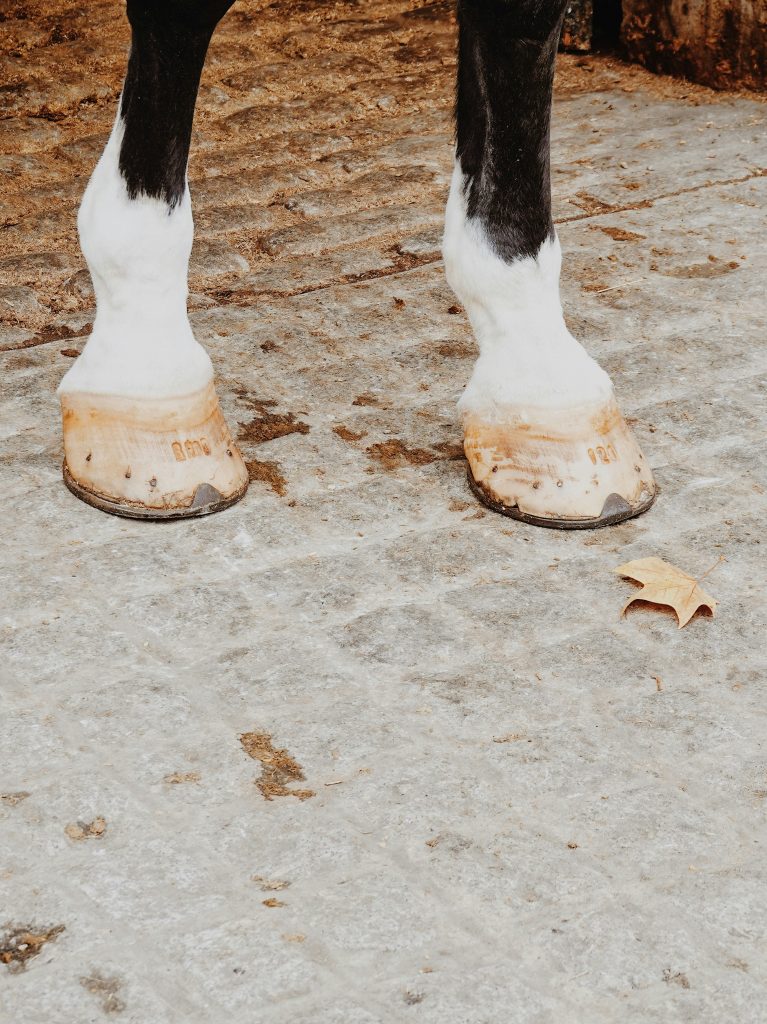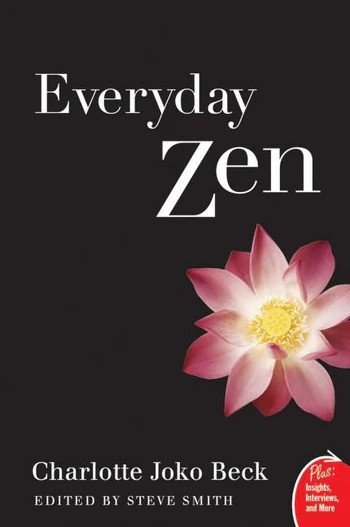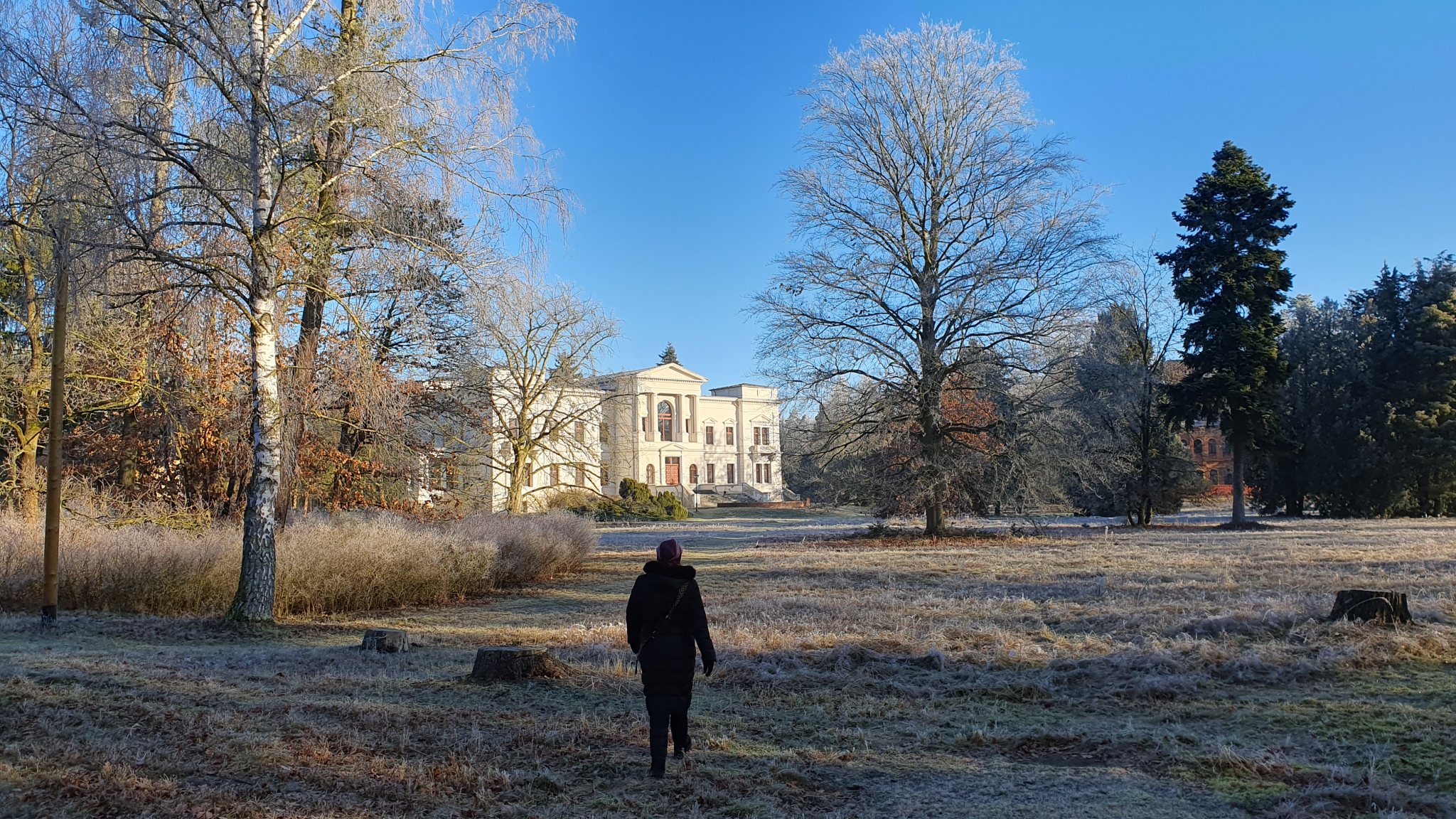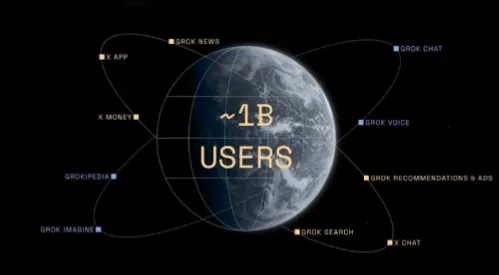To Totally Be Under
A Zen author invokes Shakespeare and a Sufi folk story in a timeless teaching on bearing one’s suffering. The post To Totally Be Under appeared first on Tricycle: The Buddhist Review.

A Zen author invokes Shakespeare and a Sufi folk story in a timeless teaching on bearing one’s suffering.
By Charlotte Joko Beck Mar 27, 2025
A few weeks ago someone gave me an interesting article on suffering, and the first part of it was about the meaning of the word—“suffering.” The second part, “fer,” is from the Latin verb ferre meaning “to bear.” And the first part, “suf,” is from sub, meaning “under.” So there’s a feeling in the word, “to be under,” “to bear under,” “to totally be under”—“to be supporting something from underneath.”
Now, in contrast, the words “affliction,” “grief,” and “depression” all bring images of weight; of something bearing down upon us. In fact the word “grief” is again from the Latin gravare, which means “press down.”
So there are two kinds of suffering. One is when we feel we’re being pressed down; as though suffering is coming at us from without, as though we’re receiving something that’s making us suffer. The other kind of suffering is being under, just bearing it, just being it. And this distinction in understanding suffering is one of the keys to understanding our practice.
The foundation of our practice, and the first of the Four Noble Truths, is the statement of the Buddha that “Life is suffering.” He didn’t say it’s suffering sometimes—he said life is suffering.
Often people will say, “I certainly can see that life is suffering when everything is going wrong, and everything’s unpleasant, but I really don’t get it when life is going along well and I’m feeling good.” But there are different categories of suffering. For instance, when we don’t get something we want, we suffer. And yet when we do get it we also suffer, because we know that if we get it we can lose it. It doesn’t matter whether we get it or don’t get it, if it happens to us or doesn’t happen to us. We suffer because life is constantly changing. We know we can’t hold on to the pleasant things, and we know that even if unpleasantness disappears, it can come again.
It makes me think of a few lines of Master Huang Po: “This mind is no mind of conceptual thought and it is completely detached from form. So Buddhas and sentient beings do not differ at all. If you can only rid yourselves of conceptual thought, you will have accomplished everything. But if you students of the Way do not rid yourselves of conceptual thought in a flash, even though you strive for aeon and aeon, you will never accomplish it.”
It’s the play of our minds, of conceptualization about anything that happens to us, that is the problem. There’s nothing wrong with conceptualization per se; but when we take our opinions about any event to be some kind of absolute truth and fail to see that they are opinions, then we suffer. That’s false suffering. “A tenth of an inch of difference, and heaven and earth are set apart.”
Now a point to add here is that it doesn’t make any difference what’s happening: It may be very unfair; it may be very cruel. All of us have things happen to us that are unfair, mean, and cruel. And our usual way is to think, “This is terrible!” We fight back, we oppose the event. We try to do as Shakespeare said: “To take arms against a sea of troubles, and by opposing, end them.”
It would be nice if it did end “the slings and arrows of most outrageous fortune.” Day by day we all meet events that seem to be most unfair, and we feel that the only way to handle an attack is to fight back; and the way we fight is with our minds. We arm ourselves with our anger and our opinions, our self-righteousness, as though we were putting on a bulletproof vest. And we think this is the way to live our life. All that we accomplish is to increase the separation, to escalate the anger, and to make ourselves and everyone else miserable. So, if this approach doesn’t work, how do we handle the suffering of life? There’s a Sufi story about this.
Until we bow down and bear the suffering of life—not opposing it, but absorbing it and being it—we cannot see what our life is.
At one time there was a young man whose father was one of the greatest teachers of his generation, respected and revered by everyone. And this young man, having grown up hearing his father speak great words of wisdom, felt that he knew all there was to know. But his father said, “No, I can’t teach you what you need to know. The person I want you to go and see is a peasant teacher, a man who is illiterate, just a farmer.” The young man wasn’t pleased with this, but he went off and traveled on foot, not very willingly, until he came to the village where this peasant lived. It happened at this time that the peasant was on his way by horseback from his own farm to another farm, and he saw the young man coming toward him.
When the young man came near and bowed before him, the teacher looked down and said, “Not enough.”
Thereupon the young man bowed to his knees, and the peasant teacher again said, “Not enough.” Then he bowed to the horse’s knees, but again the teacher said, “Not enough.” So the young man bowed once more, this time to the horse’s feet, touching the horse’s hoof. Then the peasant teacher said to him, “You can go back now. You have had your training.” And that was all.
Until we bow down and bear the suffering of life—not opposing it, but absorbing it and being it—we cannot see what our life is. This by no means implies passivity or nonaction—it’s simply being the suffering. It isn’t a matter of protecting ourselves, or accepting something else. Complete openness, complete vulnerability to life, is (surprisingly enough) the only satisfactory way of living our life.
Our practice throughout our lifetime is just this: At any given time we have a rigid viewpoint or stance about life; it includes some things, it excludes others. We may stick with it for a long time, but if we’re sincerely practicing our practice itself will shake up that viewpoint; we can’t maintain it. As we begin to question our viewpoint we may feel struggle, upset, as we try to come to terms with this new insight into our life; and for a long time we may deny it and struggle against it. That’s part of practice. Finally we become willing to experience our suffering instead of fighting it. Each time we do this—each time we go into the suffering and let it be—our vision of life enlarges.
♦
Adapted from Everyday Zen by Charlotte Joko Beck and reprinted with permission from HarperOne, an imprint of HarperCollins Publishers. Copyright 2007.
![]()
Thank you for subscribing to Tricycle! As a nonprofit, we depend on readers like you to keep Buddhist teachings and practices widely available.

 ShanonG
ShanonG 
































